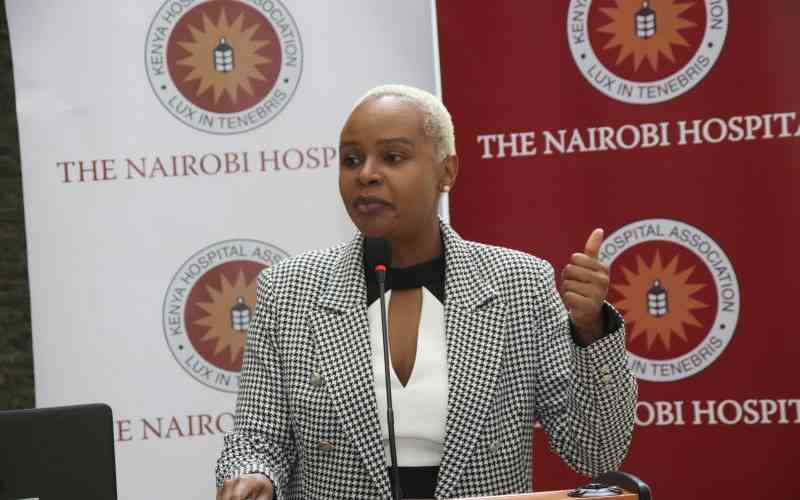Kenya and Pakistan have pledged to work closely to address existing healthcare gaps within the two nations.
This was revealed by the Health Cabinet Secretary Mutahi Kagwe and
Pakistan High Commissioner to Kenya Syeda Saqlain agreed to review current partnerships to improve health outcomes among the citizens of the two countries.
“There have been a lot of discussions in the area of health and I don’t think we have made much progress. Diplomatic engagements and partnerships should be accompanied by action,” said the CS.
While referring to the rollout of the Universal Health Coverage
(UHC) agenda, Kagwe noted Kenya’s commitment to working with Pakistan to improve access, affordability and quality of healthcare.
The health CS pointed out that there is a need to develop an elaborate
and structured partnership as previous arrangements between Kenya and Pakistan have failed to achieve the desired results.
“We are trying to get the cost of health commodities down. It’s important to fast-track within pharmacy and poisons board to register drugs. What we need to know is the determination of drugs that are efficacious. It must be medicines that are in use in Pakistan,” CS said.
Kagwe cited the partnership between Kenyatta University Teaching, Referral and Research Hospital (KUTRRH) and Christie Foundation and the University of Manchester as a form of establishing digital linkages between hospitals and health personnel.
“That is why we are keen on exchange programs so that in the future we
can have technology-enabled solutions including surgeries. For us, that is an important part of the protocol we are working on” the CS submitted.

The Pakistan High Commissioner Syeda Saqlain said her country is ready
to support Kenya with technical and human capital in ongoing efforts to reform the health sector.
“We can work on the exchange of specialist doctors and e- health. We are
also keen on bringing Pakistani made commodities to Kenya. Our pharmaceutical manufacturing sector is highly subsidised by the Government and the industry is producing a lot of generic products making their cost of purchase very reasonable,” she said.











































